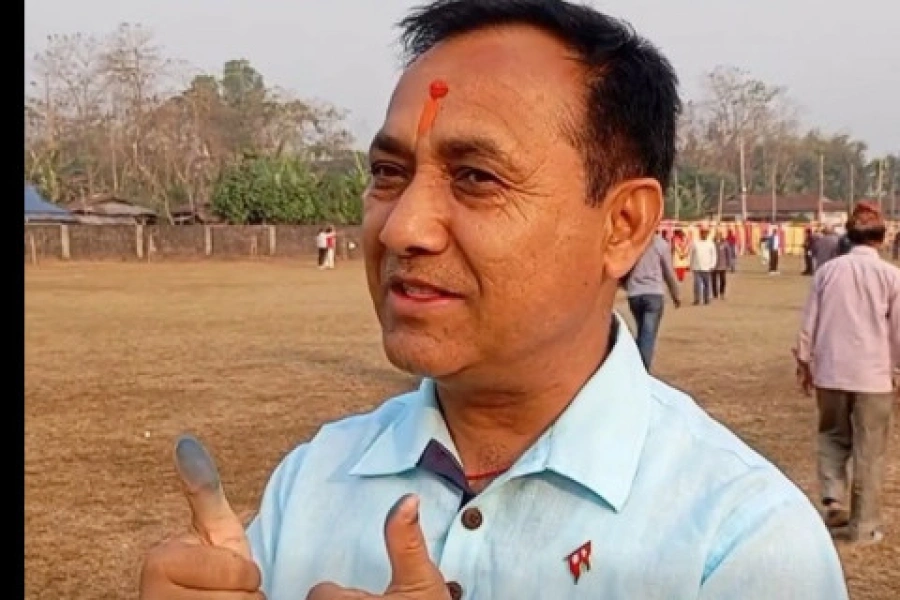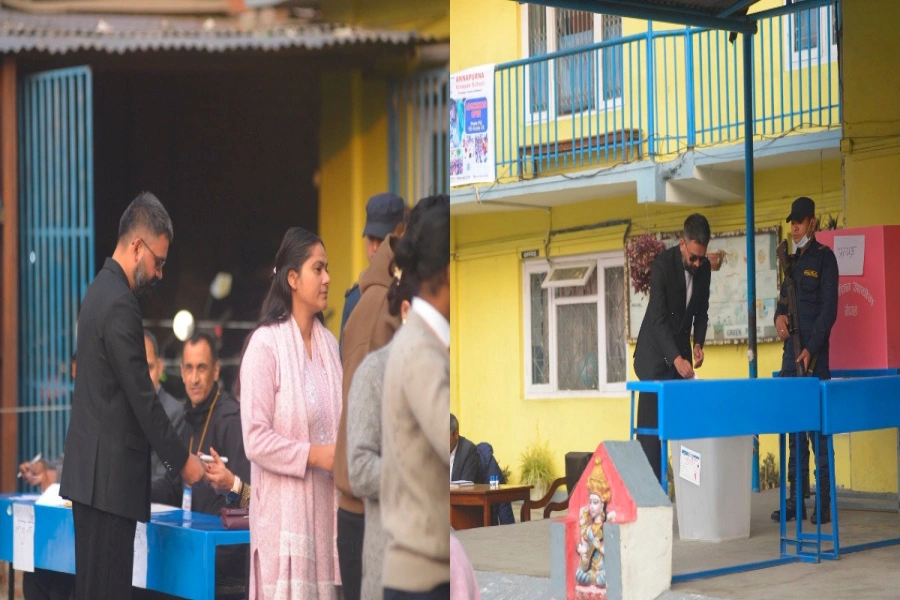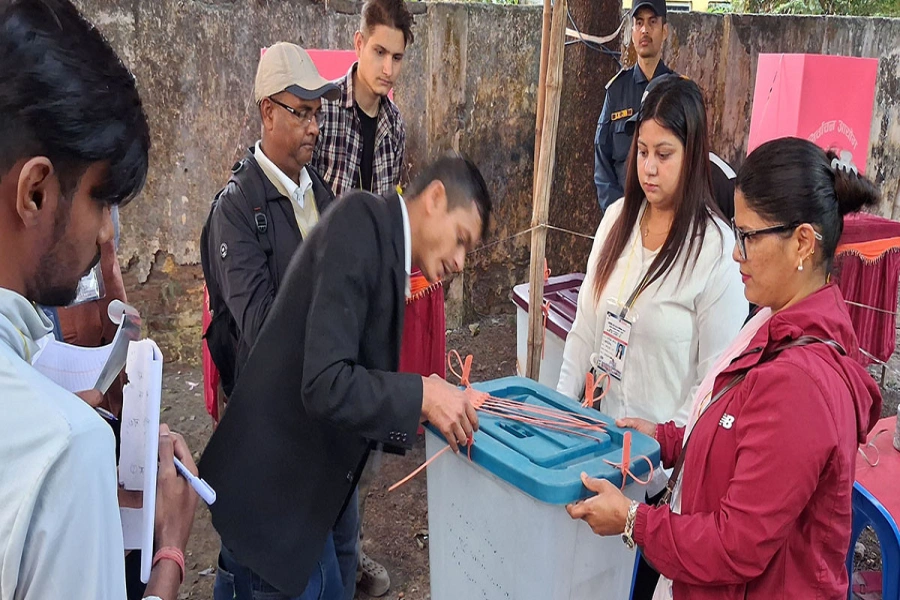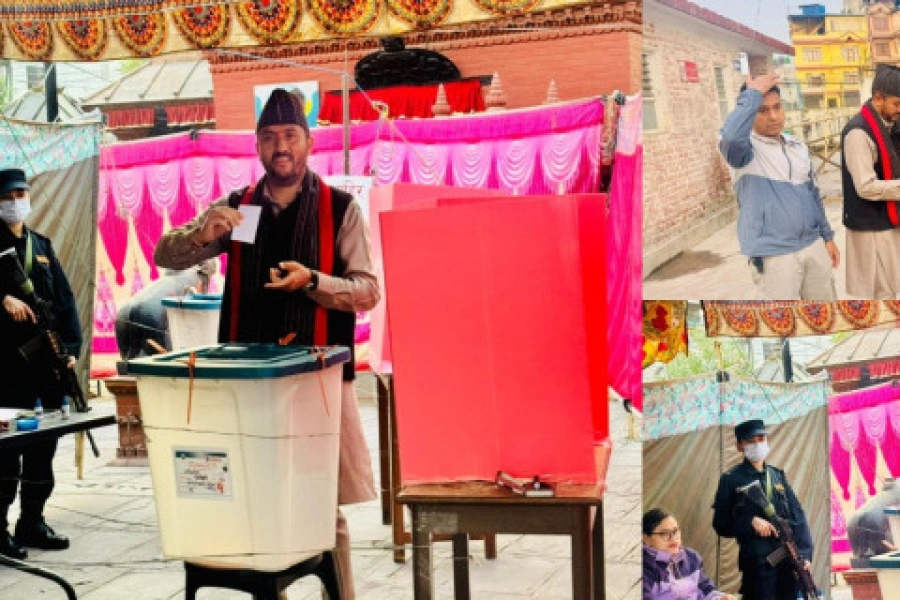KATHMANDU, Dec 27: The successful completion of the third season of Everest Premier League (EPL) has proved once again that with strong will, hard work and transparency at work, Nepali cricket can go a long way, and host flagship events that would be recognized by the world even in the absence of Cricket Association of Nepal (CAN).
EPL’s achievement is commendable in a world where even established Test nations find it difficult to start a premier league at home. Take, for example, the case of South Africa that struggled for several years before being able to start a premier event -- Mzansi Super League -- this year.
On the other hand, Sri Lanka started its own premier league replacing the inter-provincial T20 setup in 2011. But the nation had to cancel the league after struggling with organizational management and sponsorship.
The newest, Afghanistan Premier League, is struggling to recover the huge investment in the first season itself.
Test nation New Zealand does not own a fancy cricket event but Super Smash T20 is there to boot under its apex cricket governing body. Also, cricket is not its major sport like in neighboring Australia.
Pokhara Premier League gets ICC approval

Meanwhile, in the United Arab Emirates, T20X was canceled after the country advertised the event aggressively few months prior to the event. But the country failed to attract bidders or owners for the franchises.
New Test nation Ireland and other ODI nations like Scotland and the Netherlands are not in a position to have their own T20 league due to various reasons.
In contrast, Nepal’s EPL has already seen its third season, which is a big achievement in itself.
Zohra Sports Management (ZSM), the organizing company of EPL, had to go through a fair share of controversies in the past including the approval of a private league from the International Cricket Council (ICC) in the absence of national cricket board last year (second season). However, although somewhat late, EPL was sanctioned by ICC just on time for the league to go ahead as scheduled last year including all the national and international players.
“Generally, there is one or the other controversy surrounding any sports events. We need to take that into account. ICC approval is the new dynamics in Nepali cricket given our situation last time with the suspended board. Nothing is permanent though. It gets revised every year. It is same for all the cricketing nations, Tests or associates,” EPL’s managing director Aamir Akhtar told Republica.
“We have avoided last year’s drama this time and got the ICC approval a month in advance. That was a positive point for EPL. Next year, we would like to see CAN reinstated, which will help us enormously.”
Contrary to the concerns that reinstating of CAN will curb too many private T20 premier leagues, EPL will likely be excluded, according to Akhtar.
He recalled hosting popular cricket events in the past in association with CAN.
“Without the local cricket board you can’t do much. In 2013, when we (ZSM) hosted ‘Journey to World Cup,’ it was in association with CAN. In 2014, NPL was also held in association with CAN,” Akhtar added.
“After the suspension of CAN, we had to find ways to organize leagues. So again, if CAN is reinstated we have to work with them. There is an understanding that needs to be reached. We will definitely work very closely with them. And I will be very happy to do that,” said Akhtar.
He stressed on the need to reinstate CAN as soon as possible and help establish more lucrative leagues in the lines of 50 overs or multi-day formats.
Likewise, the former national cricketer Akhtar wished that ICC ambassadors visited leagues like EPL to show their solidarity and support for the leagues they have sanctioned.
“ICC is always neutral for any league in the world. They can’t support or go against them until and unless something bad happens. I think approval is a kind of support. I would expect ICC to do more while providing approvals but again there is bureaucracy.”
“We had sent an invitation to ICC officials because I believe that once they approve the league, they will need to support it in other ways as well. It is very difficult for the league to survive on its own. Simply, we need more involvement from the ICC.”















-1200x560-1772642762.webp)





















